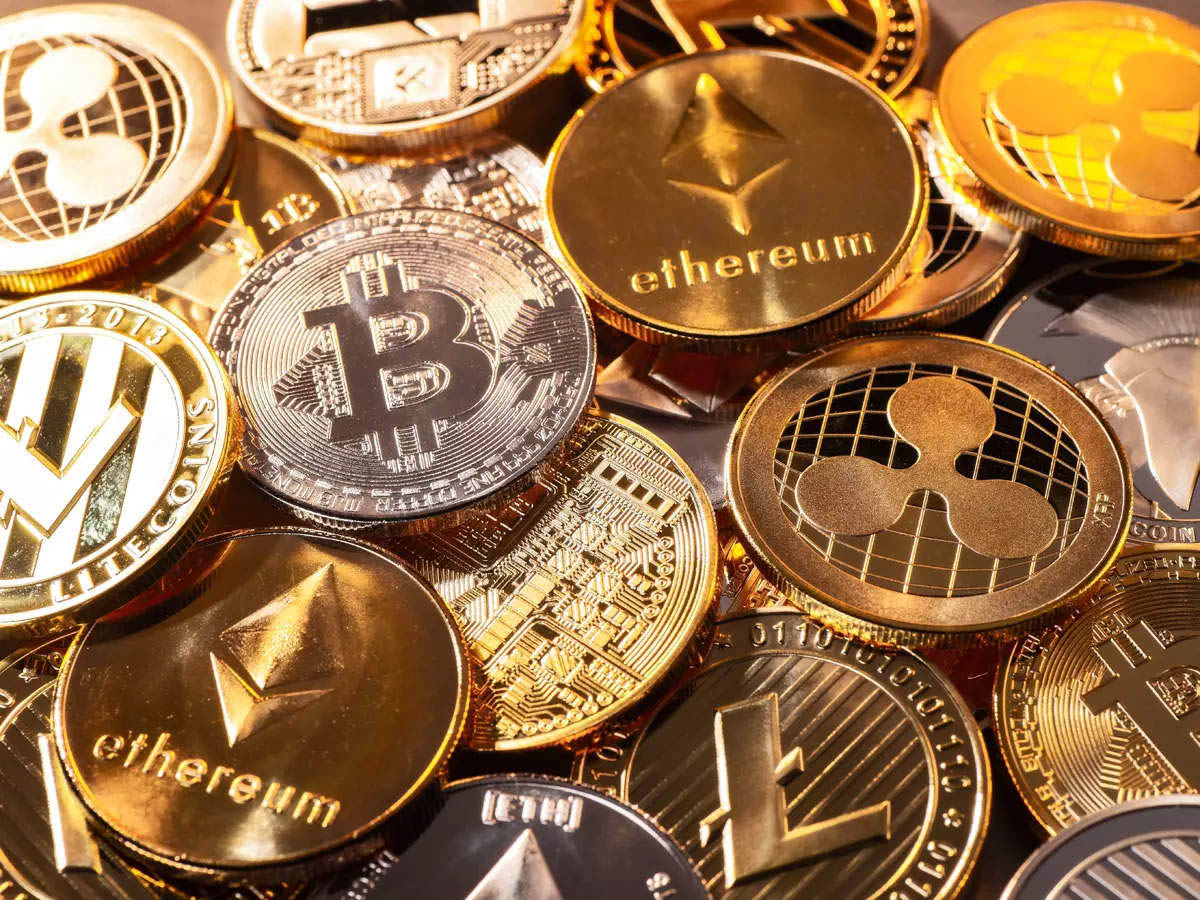
Shhh. Secret Accounts Offer Liquidity and Loyalty; Most Gen Zers Have Them, According to Javelin Strategy & Research Report
Clandestine and Emergency Savings Plans Are Popping Up at Fintechs, Banks, Employers, Retailers, and Wealth Managers
SAN FRANCISCO, Feb. 09, 2023 (GLOBE NEWSWIRE) — Javelin Strategy & Research’s January 2023 report, Emergency Money: Why There’s a Flood of Small-Dollar Loans and Secret Accounts reveals that 55% of Gen Zers and 45% of millennials have “secret accounts.” Javelin estimates the current market size of legal, secret consumer accounts in the U.S. is $59.45 billion, and growing rapidly.
“With lenders fighting for deposits to alleviate liquidity pressure, it’s surprising that few financial institutions market secret accounts, even though 46% of savers have a secret cash stash,” said Babs Ryan, lead analyst for the digital lending practice at Javelin.
The report reveals that the No. 1 reason people open secret accounts wasn’t anything nefarious, but rather to prepare for financial emergencies coupled with a concern that family or friends would insist on borrowing or spending the funds. Gen Zers prefer hiding cash, while millennials prefer to open digital checking or savings accounts. Multiple secret accounts are common, including secret CDs, credit cards and loans.
A tsunami of emergency savings plans has been offered by banks, fintechs, wealth managers/advisors, payroll processors, and even the government with the December 2022 Secure 2.0 Act. But their typical emergency account holders and secret savers or borrowers have different characteristics—and one has declining deposits while the other has growing deposits.
Secret account holders represent a greater opportunity for acquisition and deposit growth than emergency accounts. The study, which also included thousands of consumer comments found that secret savers are emotionally attached to their nest eggs and rarely touch them except to add funds, even in emergencies. Secret account holders try lots of other financial products and services, and are three times more likely to have cryptocurrency, payday, and business banking products. Emergency savings, on the other hand, are being spent on everything from necessities to niceties–those are the deposits washing away from bank balance sheets.
In addition to secret and emergency accounts, the report reveals that the consumer attitudes towards debt have shifted with consumers increased spending of emergency savings, and use of short-term small-dollar loans, and buy now, pay later. Consumers did not view some loans as debt and have a shorter list of what constitutes an emergency or “rainy day.” Continually being one paycheck behind a balanced checkbook is not considered a crisis or even a cloudy day.
To learn more about Javelin Strategy and Research’s digital lending practice, visit http://javelinstrategy.com/digital-banking/digital-lending.
About Javelin Strategy & Research
Javelin Strategy & Research, part of the Escalent family, helps its clients make informed decisions in a digital financial world. It provides strategic insights to financial institutions, including banks, credit unions, brokerages and insurers, as well as payments companies, technology providers, fintechs, and government agencies. Javelin’s independent insights result from a rigorous research process that assesses consumers, businesses, providers, and the transactions ecosystem. It conducts in-depth primary research studies to pinpoint dynamic risks and opportunities in digital banking, payments, fraud & security, lending, and wealth management. For more information, visit javelinstrategy.com. Follow us on Twitter and LinkedIn.
Media Contact
Tejas Puranik
tejas.puranik@javelinstrategy.com
A photo accompanying this announcement is available at http://www.globenewswire.com/NewsRoom/AttachmentNg/c1aa20f3-072d-4dd8-9276-a02c99cef014

